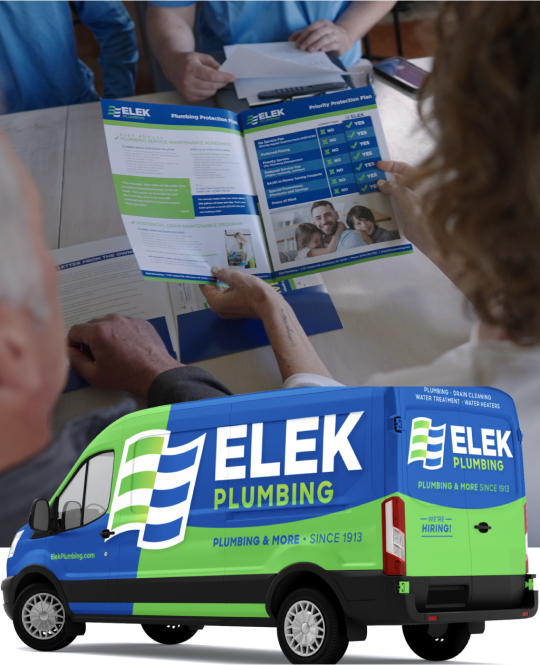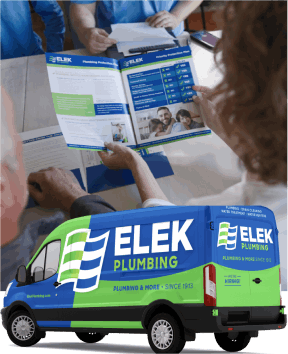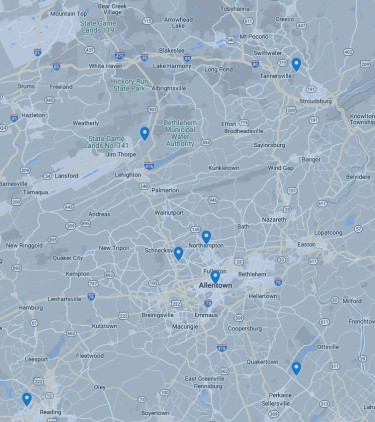

Water heaters last between 8 – 12 years on average when properly maintained. However, your water heater's life span depends on many factors, including the quality of the unit, its maintenance schedule, and the surrounding environment. If you’re unsure whether it’s time to replace your water heater, request a free estimate from our team.
Can well pumps be repaired, or do they need to be replaced? Can well pumps be repaired, or do they need to be replaced?In most cases, well pumps are not repairable. However, in some instances, all that’s needed is a bit of maintenance or a minor electrical fix to restore full system functionality. The only way to determine whether your well pump is salvageable is by having a knowledgeable plumber inspect the system.
Is it safe to use chemical drain cleaners? Is it safe to use chemical drain cleaners?Drain cleaning chemicals are highly toxic. These chemicals are unsafe for your family and pets and can damage your pipes, causing them to deteriorate prematurely. When stubborn clogs impact your system, the best solution is to hire a plumbing professional to clear the blockage.
Lehigh County | Northampton County | Berks County
| Bucks County |
Lehigh County | Northampton
County | Berks County |
Bucks County




